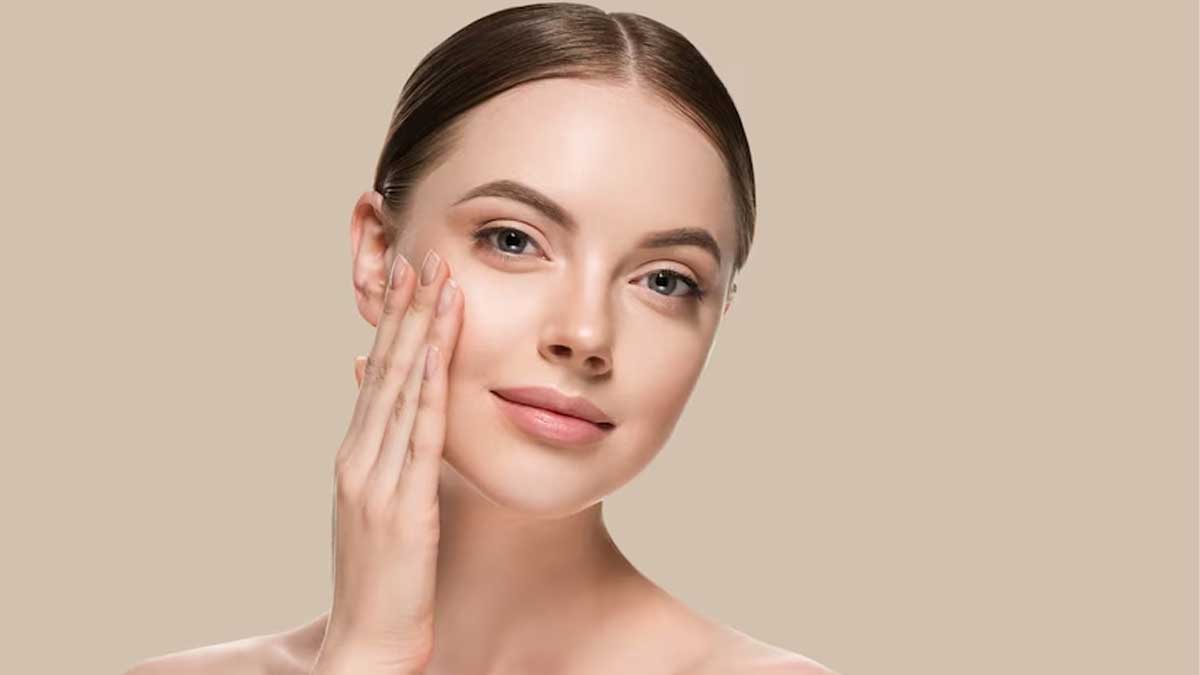
Almonds are celebrated for their nutritional benefits, but can they truly help in reducing wrinkles and achieving an even skin tone?
In a pilot trial, researchers at the University of California, Davis discovered that almonds can minimise wrinkles, particularly in women going through menopause. The Almond Board of California supported the study, which was the first to look at how almonds affect skin health. A thorough and long-term follow-up investigation is underway. Let's explore the potential contributions of almonds to skin health and whether they live up to the claims.
Table of Content:-
It Is Rich in Antioxidants
Almonds are packed with antioxidants, including vitamin E. Antioxidants play a role in neutralising free radicals that can contribute to skin ageing. Vitamin E, in particular, is known for its skin-nourishing properties.

Also read: How Many Almonds Can A Child Eat In A Day: Side Effects Of Overconsumption
Hydration and Moisturisation
Almonds contain healthy fats that can contribute to skin hydration. Adequate hydration is essential for maintaining skin elasticity and minimising the appearance of wrinkles. Almond oil, derived from almonds, is often used in skincare for its moisturising effects.
Nutrient Support
Almonds provide essential nutrients such as vitamin A, vitamin C, and omega-3 fatty acids. These nutrients play roles in collagen production, skin repair, and maintaining skin health. Collagen is crucial for skin elasticity and firmness.
Exfoliation
Almond meal or ground almonds can be used as a natural exfoliant. Gently exfoliating the skin can help remove dead skin cells, promoting a smoother complexion. However, it's important to be gentle to avoid irritation.
Reduces Inflammation
Almonds may have anti-inflammatory properties, which can be beneficial for soothing irritated skin and reducing redness. Inflammation is linked to various skin concerns, including uneven skin tone.
DIY Almond Masks
Some people incorporate almonds into homemade face masks. These masks may include almond powder, almond oil, or crushed almonds. While anecdotal evidence suggests benefits like improved skin texture, it's essential to note that individual responses may vary.
Vitamin E in almonds may offer some protection against UV damage. UV rays contribute to premature ageing and can result in uneven skin tone. However, almonds should not be considered a replacement for proper sun protection measures, such as sunscreen.
Limitations and Considerations
Individual Variability
Results can vary from person to person. While some individuals may experience positive effects from using almond-based products, others may not see significant changes.
Also read: Boost Your Brain Health: From Almonds To Walnuts, 5 Healthy Nuts That Can Help
Professional Advice
Before incorporating almonds into your skincare routine, especially if you have sensitive skin or existing skin conditions, it's advisable to consult with a dermatologist or skincare professional.
Comprehensive Skincare
Achieving radiant skin involves a holistic approach. Factors like a balanced diet, hydration, proper sleep, and overall skincare routine contribute to skin health.
While almonds have the potential to improve skin health due to their antioxidant content, good fats, and nutrients, promises of wrinkle reduction and even skin tone should be approached with caution.
Almonds can be a beneficial complement to a thorough skincare routine, but they should not replace established skincare techniques or professional advice. Individual responses may differ, therefore it is best to monitor your skin's reaction and seek professional advice for personalised skincare recommendations.
Also watch this video
How we keep this article up to date:
We work with experts and keep a close eye on the latest in health and wellness. Whenever there is a new research or helpful information, we update our articles with accurate and useful advice.
Current Version
